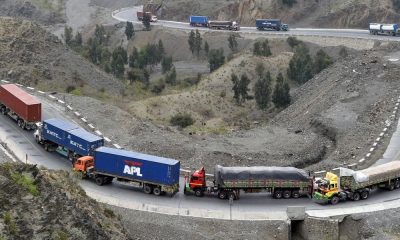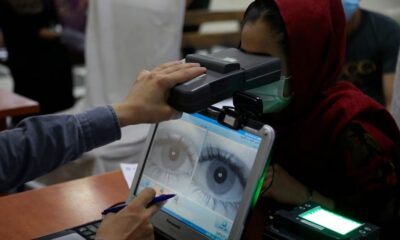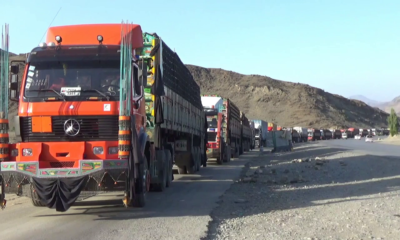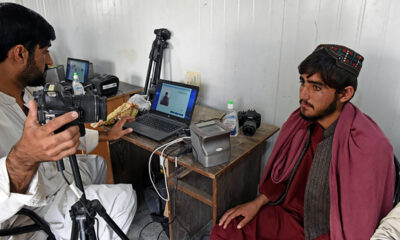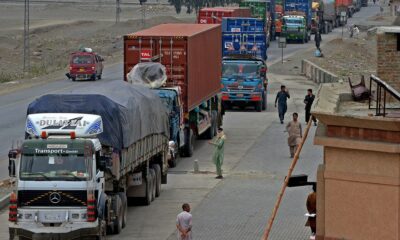Latest News
MPs slam govt’s move to include ethnicities in new ID card system
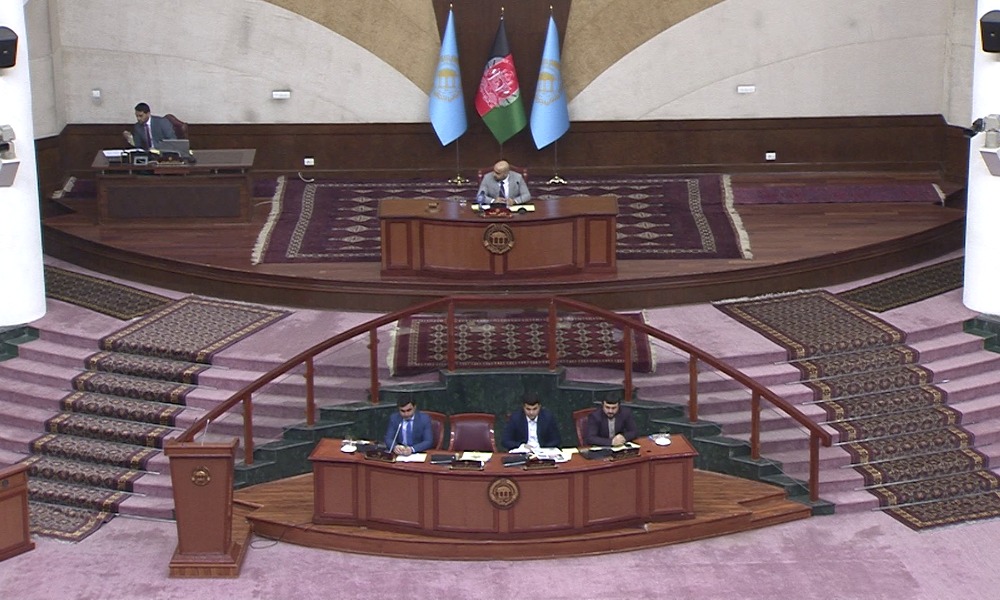
Members of the Wolesi Jirga (Lower House of Parliament) on Wednesday voiced their displeasure over the recent decision by the National Statistics and Information Authority (NSIA) to categorize ethnic groups in the registration process of the new electronic ID card system.
Some MPs said this decision will create a new crisis in the country.
“The move by the NSIA is a risk to nation building; it will destroy unity among the people… the act is dividing tribes,” said one MP Khan Agha Rezayee.
“The government makes problems for people and divides tribes into categories. This is against the Constitution; it will fuel tribal discrimination. If government does not control this, the response will be very tough and uncontrollable, ” said Zalmay Noori, another MP.
“The NSIA’s decision is against the Constitution; 15 tribes are mentioned in the Constitution; the decision is against the law that we passed,” said Makhdom Abdullah Mohammadi, an MP.
However some MPs came out in support of the move.
“Some tribes want to see their tribe name on their ID cards,” said MP Niamat Karyab.
First deputy speaker of the house, Javid Jaihoon, meanwhile called on government to resolve the issue as soon as possible.
“We call on government to solve the problem based on the articles of the Constitution and to end concerns around this issue,” said Jaihoon.
According to MPs, government needs to encourage unity among tribes and avoid creating division.
This comes after the NSIA announced earlier this month that it had classified a number of ethnic groups and tribes into categories in the online registration form for new electronic ID cards.
Based on the list, all Pashtuns in Afghanistan are classified into one ethnic group but the rest of the groups such as Tajiks, Hazaras, and Uzbeks are each divided into several tribes.
Politicians are among those who believe the NSIA’s list “deliberately” fuels disunity among the people of Afghanistan especially as the organization has categorized ethnic groups based on their “villages, districts and tribes.”
Second Vice President Sarwar Danish said the list lacks “scientific and practical” elements and this in itself could lead to disputes in the country.
“Hasty decisions would question the government and create divisions and mistrust among our people,” Mohammad Hedayat, the head of Danish’s media office said.
Meanwhile, former Foreign Minister Salahuddin Rabbani stated that the NSIA has intentionally planned to divide ethnicities based on districts and villages.
Atta Mohammad Noor, Chief Executive of Jamiat-e-Islami Party, claimed that the NSIA is not “aware of the difference between an ethnicity and place of residency.”
“This government organization is not yet aware of this important fact that there is a huge difference between an ethnicity and the residence of a group, and you can never count the name of the location as the ethnicity of a specific people,” said Ahmad Afzal Hadid, Head of Balkh Provincial Council.
Abdullah Abdullah, Chairman of the High Council for National Reconciliation, also spoke out against the NSIA’s decision and called the list a “mistake.”
Abdullah called on the organization to rectify the issue.
The NSIA, however, claimed that its decision was made at the request of the people.
“This decision was made as per the request of a number of tribal elders and the interpretation of the third part of Article 4 of the Constitution,” said Roeina Shahabi, the spokesperson for the NSIA.
Latest News
Iran executes four Afghan prisoners

Iran executed four Afghan prisoners in Vakliabad Prison in Mashhad on Thursday morning, a human rights group reported.
Haalvsh said that the individuals had been arrested in 1398 over drug-related charges and then sentenced to death by the court.
This organization announced the names of the executed prisoners as Zaman Taheri, Salam Taheri, Gholam Qadir Samani and Ebrahim Noorzahi.
Zaman Taheri and Salam Taheri were brothers.
Iranian officials have not commented about the matter so far.
Latest News
Roof collapse kills two in Helmand
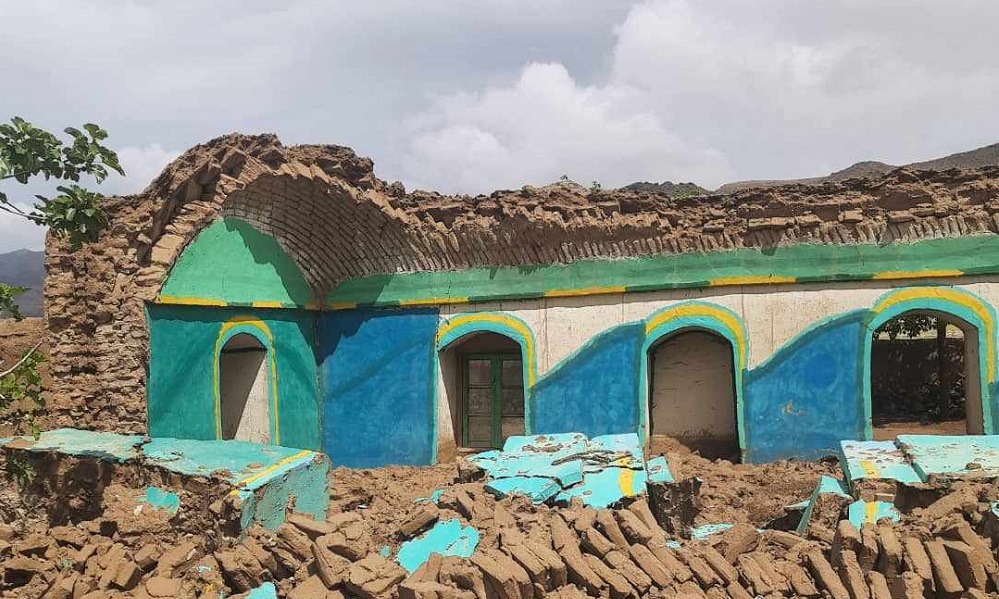
Two people were killed after roof of their house collapsed in southern Helmand province on Friday night, officials said.
Abdul Bari Rashid, head of information and culture in Helmand, told Ariana News that the incident occurred in Tajkan village of Gershak district due to heavy rain.
According to him, the dead include a woman and a child. A man was injured in the incident.
This comes as 10 people have died and six others have been injured as a result of the floods in Helmand province in the last one week.
Latest News
IEA urges World Bank to resume work on 7,000 incomplete projects

Officials at the Ministry of Rural Rehabilitation and Development (MRRD) say 7,000 incomplete projects of the World Bank are at risk of destruction in Afghanistan. They call on the World Bank to resume the work of these projects.
According to them, discussions have been held with the World Bank about these projects, but there has been no result yet.
“7,000 incomplete projects are being destroyed, and if the work is not started, these projects will be destroyed. We ask the World Bank to resume the work of these projects as soon as possible,” said Noorul Hadi Adel, the spokesperson of MRRD.
Meanwhile, members of the private sector also ask international institutions to resume their work in Afghanistan.
According to the officials of this sector, with the start of these projects, job opportunities will be provided for thousands of people in the country.
“These projects create employment for our people and the country will grow a lot,” said Mirwais Hajizadeh, a member of the private sector.
However, economic experts stated if the work of these projects does not start soon, they will be destroyed and the investments made in them will be wasted.
-

 Sport5 days ago
Sport5 days agoACL fever grows as fixtures finalized
-

 Latest News5 days ago
Latest News5 days agoOver 50 people dead in traffic accidents over Eid
-

 Latest News5 days ago
Latest News5 days agoUS identifies Kabul airport suicide bomber
-

 Business5 days ago
Business5 days agoAfghanistan-Kazakhstan chamber of commerce opens in Herat
-

 World4 days ago
World4 days agoIsraeli military vows response to Iran attack as calls for restraint mount
-

 Sport3 days ago
Sport3 days agoATN secures exclusive rights to broadcast Paris 2024 Olympics
-

 Latest News4 days ago
Latest News4 days agoPakistani police give Afghans in Balochistan one day to leave
-
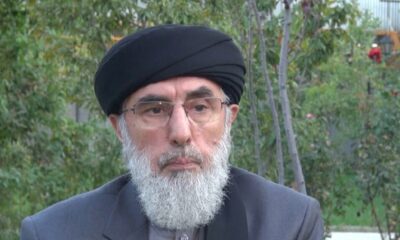
 Latest News4 days ago
Latest News4 days agoHekmatyar slams US for ‘occupying’ Afghanistan’s airspace


